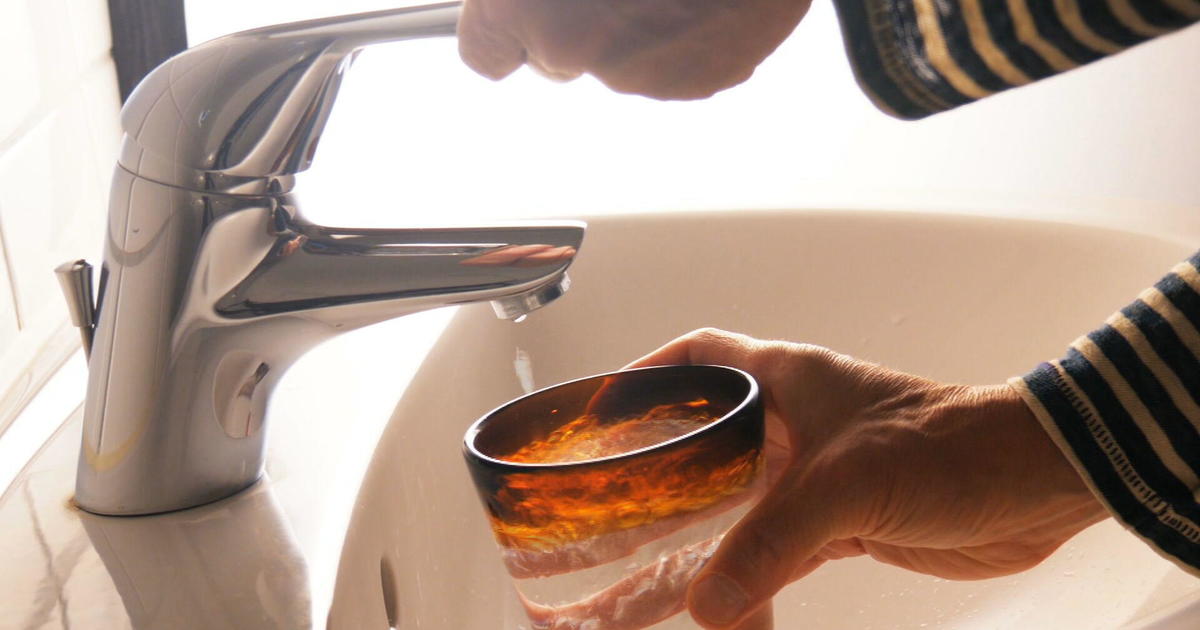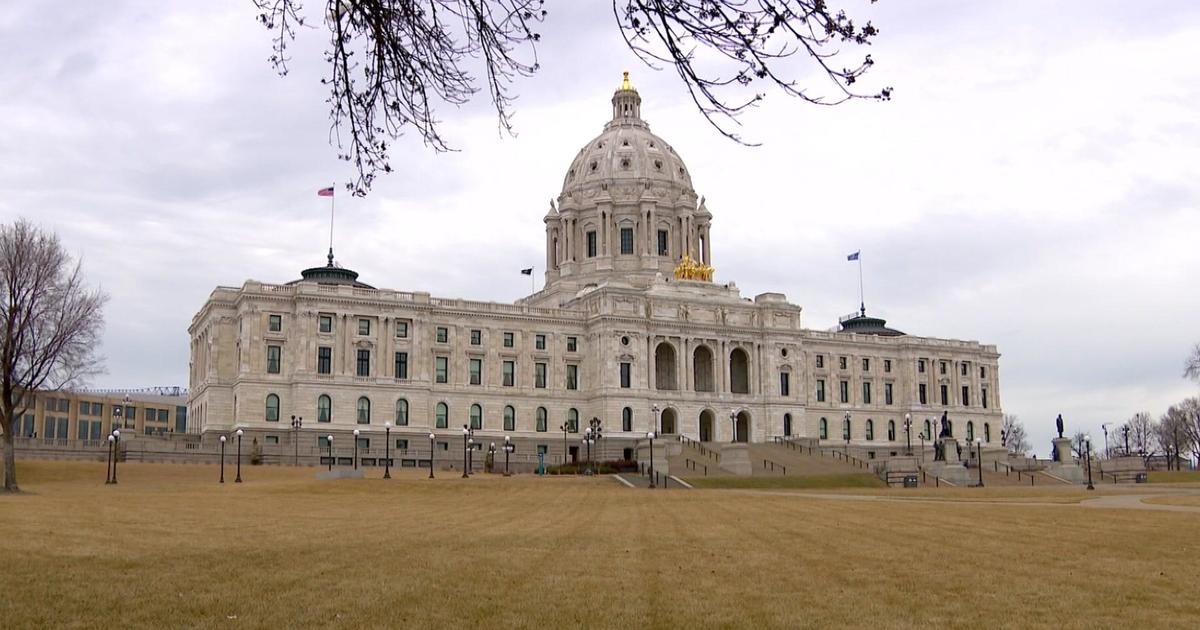House, Senate committees advance proposal requiring six days of paid time off for workers if sick
ST. PAUL, Minn. -- Panels in both chambers of the Minnesota Legislature advanced a proposal on Tuesday requiring businesses offer paid time off for workers if they are ill or need to care for a loved one.
Employees would accrue up to 48 hours, or six days, of paid time off—which could carry over if unused. The benefit wouldn't exceeded 80 hours in a single year. The "earned safe and sick time" plan, for example, covers medical appointments, short-term illness like a cold or flu, caring for a child who may be out of school sick or because of an unexpected closure.
"During the COVID-19 pandemic's darkest days, we saw just how important it was for people to stay home when they're sick. But this was a problem well before COVID and it's a problem we're ready to solve now," said Rep. Liz Olson (DFL-Duluth). "Earned sick and safe time means strong families. That means stronger workplace places and it means stronger communities."
The legislation is a years-long effort that has previously passed the House but faced obstacles in a Republican-led Senate. Now the proposal is getting a fresh look with DFL majorities at the capitol who are prioritizing its passage.
Supporters say the measure ensures all workers receive a much-needed benefit. They also point to Minnesota cities that have taken this step already with local ordinances, including Minneapolis, St. Paul, Duluth and Bloomington.
The legislation spells out that the benefit also be used for people who are victims of stalking or sexual assault and need to take time off work to see medical attention, or relocate to ensure their safety.
Laura Carpenter, a former food service worker in Minneapolis, during a news conference ahead of the hearing described how the city's sick and safe time policy was essential for her in 2018. At the time, she sought legal services from a person who she said abused her.
"This resource was invaluable for my family. I was able to leave with an order for protection that day, and some more hope for our future," she said. "I wouldn't have been able I wouldn't have been able to access it during the daytime hours if I was worried about my job security or my income."
Opponents who spoke at the hearing raised concern, arguing it's a costly burden that doesn't allow for any flexibility for small businesses.
"One-size-fits-all mandates have not exactly been great for the service industry nor a small business because it creates an environment in which we cannot be adaptive to really work with our employees on best solutions," Ben Thuringer, owner of Madden's Resort on Gull Lake, said in the Senate committee.
The state chapter of the National Federation of National Federation of Independent Businesses, which represents 10,000 small businesses in Minnesota, characterized it as "an unfunded mandate on Main Street" that would further exacerbate workforce challenges.
The group highlighted other states, like New York and Oregon, that have exceptions to sick time requirements for businesses with fewer than 10 employees. Policies there require only unpaid time for those small businesses.
The proposal is separate from paid family and medical leave, which DFL leaders say is one of their top priorities this year. That would create a state account—similar to how unemployment insurance payments are handled—that is funded by a payroll tax.
Workers would get up to 12 weeks for family leave—including caring for a newborn—and an additional 12 weeks if they are experiencing a serious health condition that keeps them out of work for more than a week.




